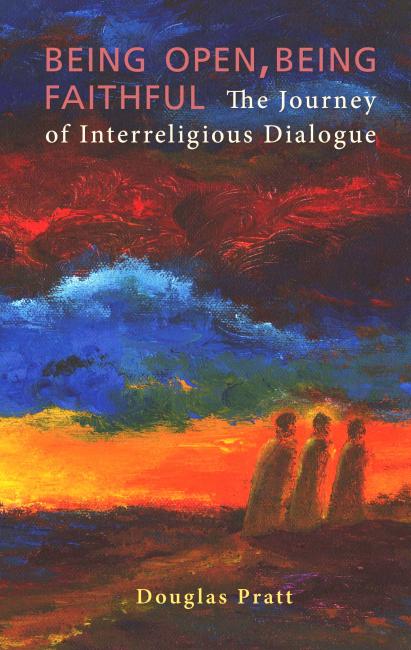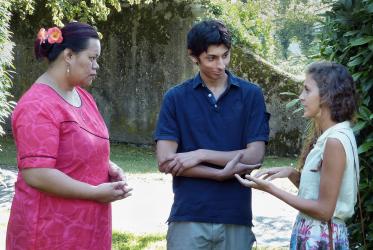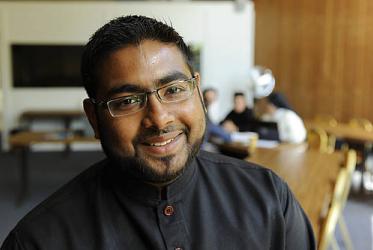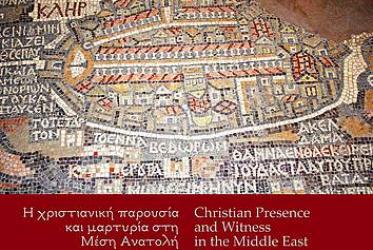Displaying 81 - 90 of 90
Youth build multi-faith community in Bossey
28 August 2013
Tveit reports on churches’ work for justice and peace
29 August 2012
Churches say “No more violence in the name of God”
05 March 2012





